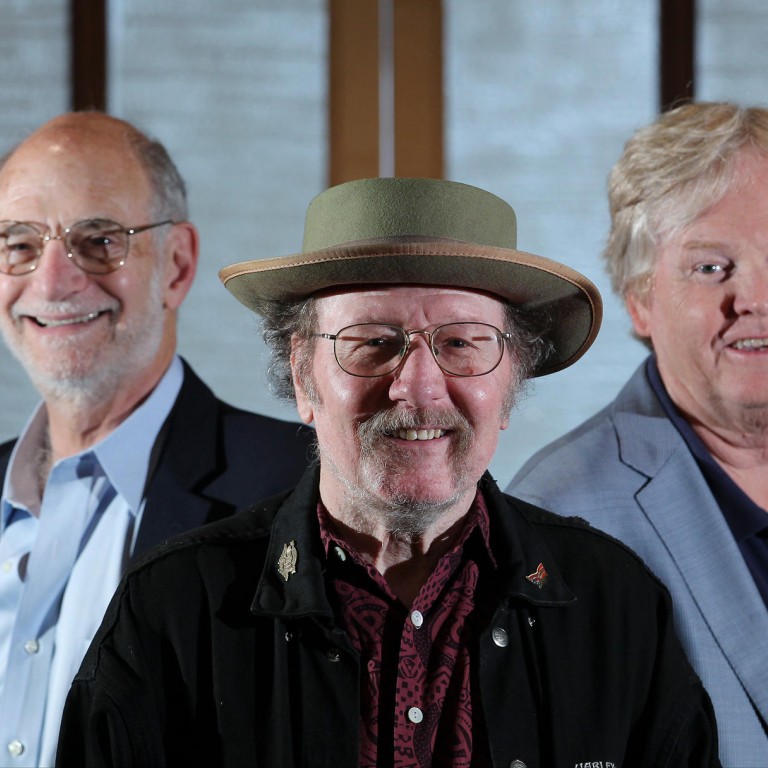
Fund research or fall behind, Shaw Prize winners warn Hong Kong
Shaw Prize winner surge the government to invest in education, research and innovation in order to stay competitive, echoing warning from WEF
Governments that fail to back research and innovation with generous funding are lagging behind in the race to seize the advantage in the fields of science and technology. That's according to three leading Shaw Prize laureates in Hong Kong this week.
The warning from medical researchers Jeffrey Hall, Michael Rosbash and Michael Young comes in the wake of a World Economic Forum (WEF) report earlier this month that said Hong Kong needed to raise its performance levels in innovation and higher education if it wants to boost its global competitiveness.
"With no 'R' [research], there is no 'D' [development]," said Jeffrey Hall, a neurogenetics specialist who carried out advanced research on the human body's molecular clock.
"Seriously, how are you going to develop something if you don't know anything?"
Michael Young, now vice-president for academic affairs at New York's Rockefeller University, said: "It is very important that government funding be the most robust component of the [researcher's] endeavour, because it is extremely expensive overall."
Fellow winner Michael Rosbash, a professor of biology and investigator at the Howard Hughes Medical Institute at Brandeis University, said: "You either invest long-term and don't panic and take a long view - or, if you take a short-term view and panic, usually it works out badly."
Hall, Rosbash and Young were honoured with the prestigious Shaw Prize in Life Science and Medicine for their discovery of molecular mechanisms that underlie humans' circadian rhythms - the body clock.
Their research could pave the way for cures for diseases such as diabetes and a number of cancers. They also said further research could discover a way to "reset" the body clock completely, eliminating sleep deprivation and jetlag.
The World Economic Forum report said: "In order to enhance its competitiveness, Hong Kong must improve on higher education and innovation. In the latter category, the quality of research institutions and the limited availability of scientists and engineers remain the two key issues to be addressed."
In a previous interview, Allen Ma Kam-sing, chief executive of the Science and Technology Parks Corp, said he found the 0.7 per cent of the government budget spent on R&D was inadequate, and low compared to other Asian countries.
The trio of scientists agreed that the global financial crisis had sapped research funding, hampering innovation.
They said they wouldn't have found funding to conduct their ground-breaking research if they had embarked on it at the beginning of the market crash.
Despite being on the back foot, Hong Kong rose two places to seventh out of 148 countries on the WEF's Global Competitiveness Index. Regional rival Singapore ranked second.
But in the innovation category, Hong Kong languished in 23rd place, up three notches on the previous year, but far behind Singapore, which was ninth.
Since the Shaw Prize was established 10 years ago, no Hongkonger has won it.

